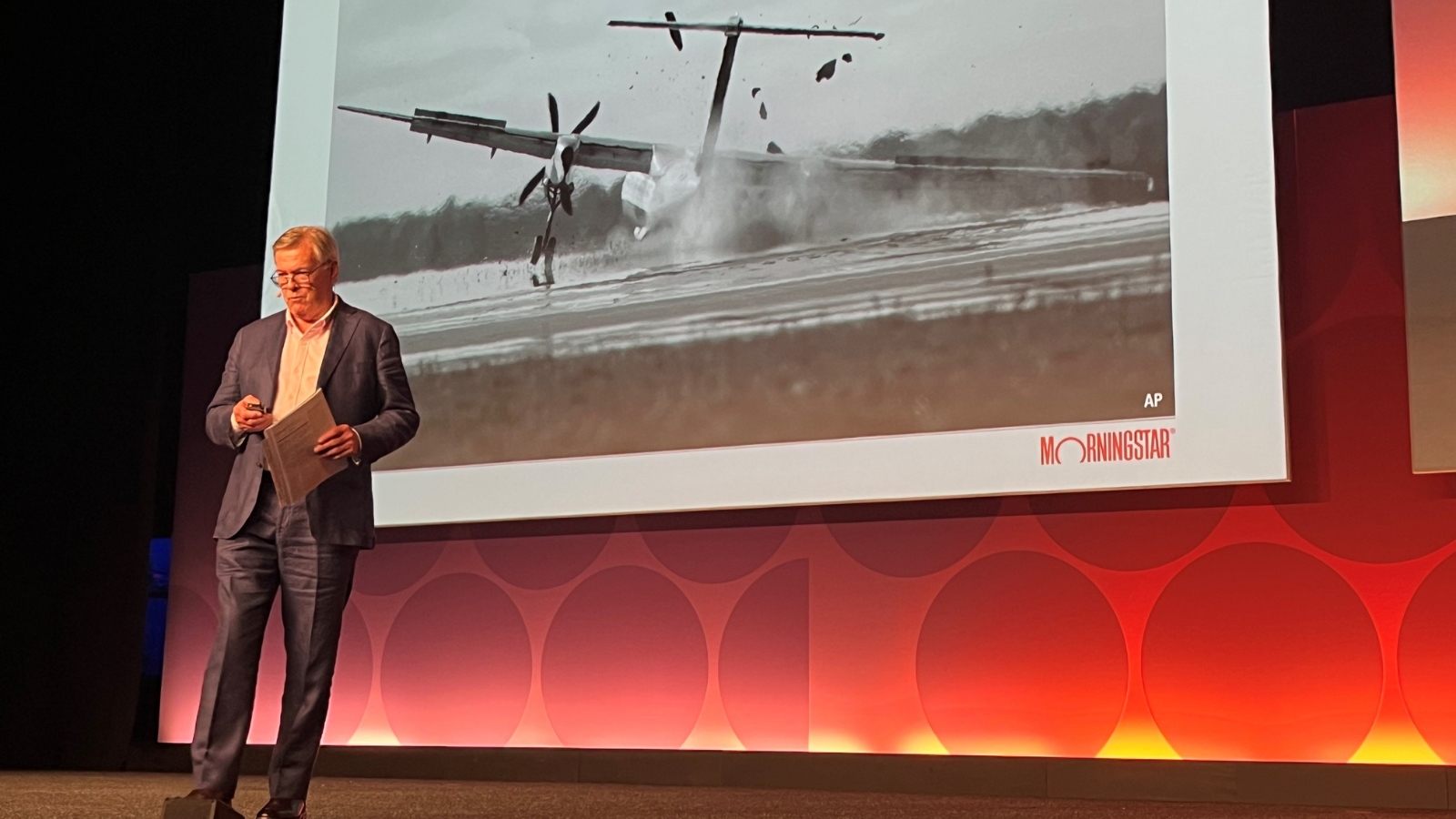Queenslanders drain retirement savings
Despite coming through the COVID-19 lockdowns seemingly unscathed, it seems that Queenslanders have been dipping the hardest into their superannuation under the early release clauses.
Industry Super Australia has reported that “More than 145,000 Queenslanders have wiped out their retirement savings through the government’s early release to super scheme.” The statistics also show that some 27% of Queenslanders have accessed the scheme drawing-down some $7.4 billion.
Now, we have commented on various occasions that the policy may not have been handled as well as it could; by both the Federal Government and the industry. There should clearly have been more consultation before it occurred, but on the other hand, it’s clear that the structure of pension funds offering daily liquidity over illiquid assets was not a great idea.
Ultimately, it would seem the Federal Government has made the decision that allowing young Australians to dip into their own savings a little earlier may be able offset the hundreds of billions in debt that they will need to issue to keep the economy afloat. This last point of course is important, these are young Australian’s in a time of hardship taking control of their own capital, not someone else’s.
Unfortunately the topic of early access to superannuation and higher superannuation guarantee gets caught up in the hyperbole typical of modern-day debate. Industry Super Australia (ISA) has noted that “Ditching the increase would have a dire impact on the savings of those who have accessed early release – especially the 145,000 Queenslanders who have wiped out their super and will need to start again.” Further, ISA suggests a 30-year-old man who withdrew $20,000 would be $180,000 worse-off and forced to work until 74. All reasonably valid points based on very long-term assumptions. This coming from an association of funds whose leaders are receiving several multiples of the minimum wage to attend a few board meetings each year.
One thing that is evidently missed when it comes to the industry fund sector is that such a mandated contribution increase will primarily benefit the highly paid CIOs, CEOs and board members of the industry fund sector who “act in the best interests of members.” Yet despite these funds constantly increasing in size and membership, there has been little in the way of fee reductions in recent years.










